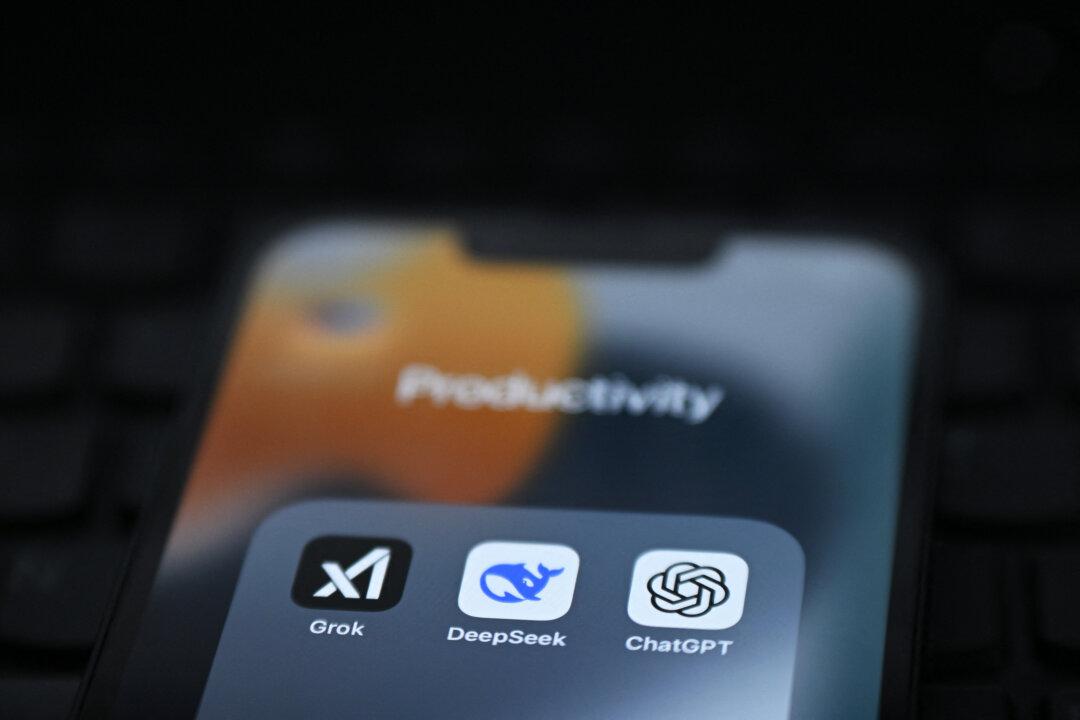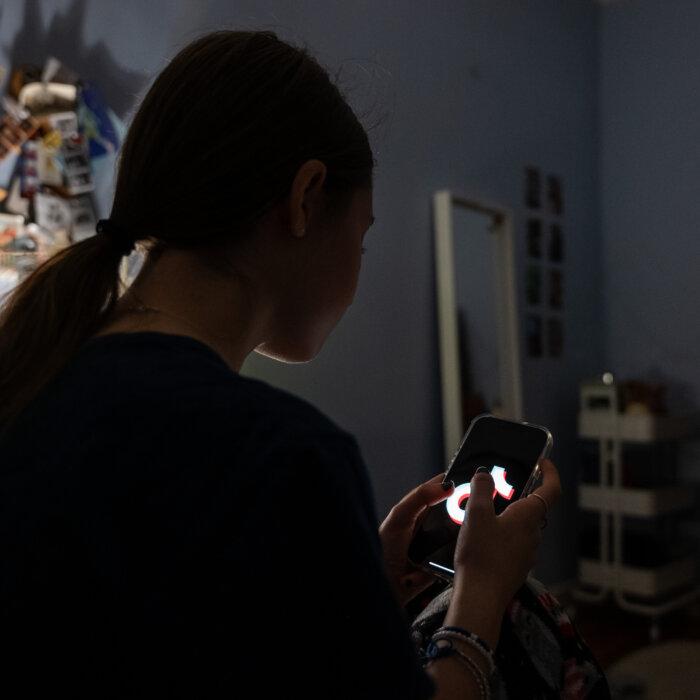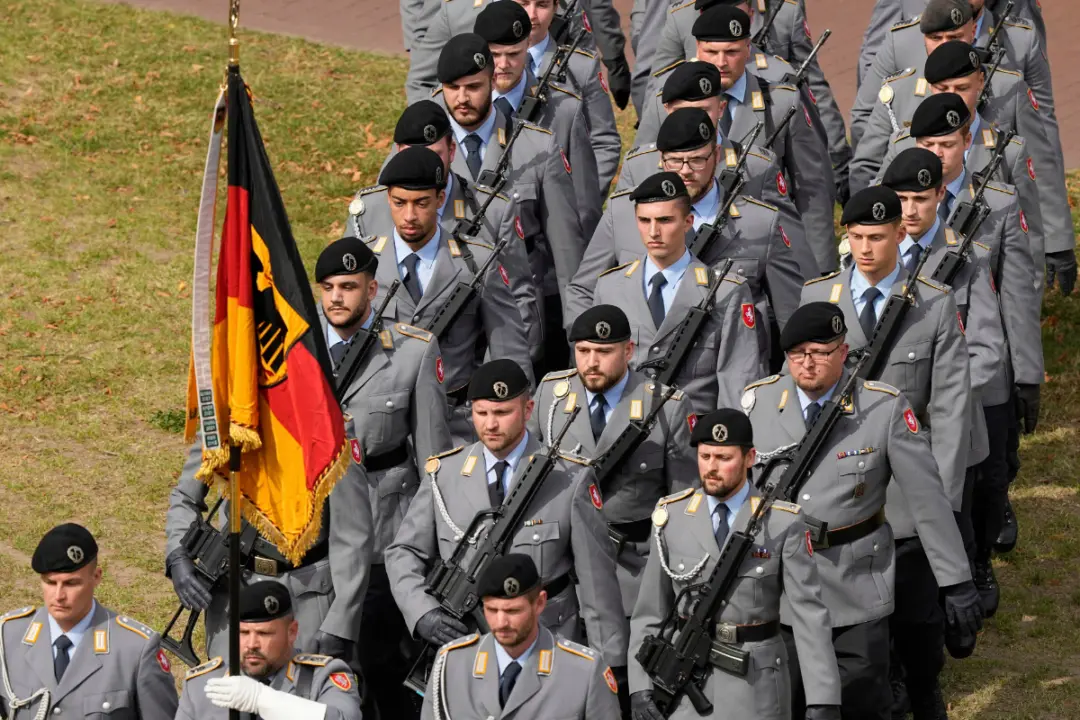An education specialist has warned the use of artificial intelligence in schools would dehumanise classroom interactions and increase children’s digital overload.
Christopher McGovern, chairman of the Campaign for Real Education (CRE), told The Epoch Times that educators tend to embrace technology because they see it as an improvement; however, they have not fully considered the implications of education-enhanced AI.
Some of these concerns involve how it would reduce the elements of human interaction that are integral to the learning experience.
“AI dehumanises the traditional classroom interaction between a teacher and the children, but also between the children themselves. That’s all taken away,” McGovern said.
McGovern, a retired head teacher and former adviser to the policy unit at 10 Downing Street, made the comments in the context of the education sector exploring the ways in which AI can aid pupils in the classroom and teachers with administration.
Children Could Reject AI
Younger generations who have have grown up in a world of technology would reasonably be expected to be the most open to AI taking over the classroom.“The importance of the pupil-teacher relationship matters as much to the pupil as it does to the teacher,” the think tank observed.
Tech Overload
McGovern said he does recognise that AI can be used constructively in certain situations and has the capacity to match learning tasks to the individual needs of pupils.However, he said that if schools are going to introduce AI into a classroom, the use of technology needs to be reduced elsewhere.
The educator warned that AI would contribute to the “massive overload” of technology that is already impacting children, not least since smartphones and social media have become such a prominent part of young peoples’ lives.
Teachers Already Using AI
Despite there being few education-specific AI tools available, teachers are using generic AI products like ChatGPT in administrative tasks.
ALI has pointed out that using generic products comes with its own problems, including generating content that is not age-appropriate or relevant to the curriculum. AI can also “hallucinate,” producing inaccurate outputs that it presents as facts.
Schools can also set their own rules on AI use—including whether and how pupils can use it—as long as they follow legal requirements around data protection, child safety, and intellectual property.
Concerns Over Cheating
Last month, a survey of school support staff who belong to the GMB union said that AI is being used in almost one in five schools, with respondents citing concerns over the possibility of increases in cheating and plagiarism.Cheating is not a new phenomenon, but educators have said that generative AI has made it much easier for children to do so, particularly in non-supervised assignments like coursework.
Education specialist Tom Richmond told The Epoch Times, “Coursework was already recognised as an unreliable form of assessment well before ChatGPT came along, but it is now abundantly clear that unsupervised assignments cannot be treated as a fair and trustworthy form of assessment.”
Richmond, the former director of the EDSK think tank, said that it is not possible to say with certainty how many children are using AI to cheat, as there are no reliable detection tools available to schools and colleges.
He added, “No form of assessment is immune to cheating, but some assessments are much harder to manipulate than others.”
“The most obvious way to reduce cheating is for schools to change the types of tasks and assessments that they set for pupils. Any task and assessment completed at home without supervision is now wide open to cheating, so schools can switch to more in-class assessments to prevent cheating,” he added.

£1 Million for EdTech
The government has a wider strategy to advance the usage of AI, including in education.In her speech at the Education World Forum, she confirmed that the department’s new Content Store Project will see curriculum guidance, teaching resources, lesson plans, and anonymised pupils’ work made available to AI companies to train their tools “so that they can generate top quality content for use in our classrooms.”
However, she emphasised that EdTech “can’t replace great teachers” and that “AI isn’t a magic wand.”
She also said the DfE will be working closely with international partners in the development of global AI guidelines for generative AI in education, in order to shape “the global consensus on how generative AI can be deployed safely and effectively to boost education around the world.”
The UK will host an international summit on generative AI in education in 2026.







